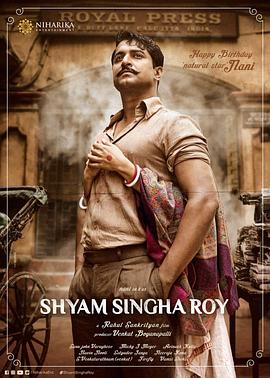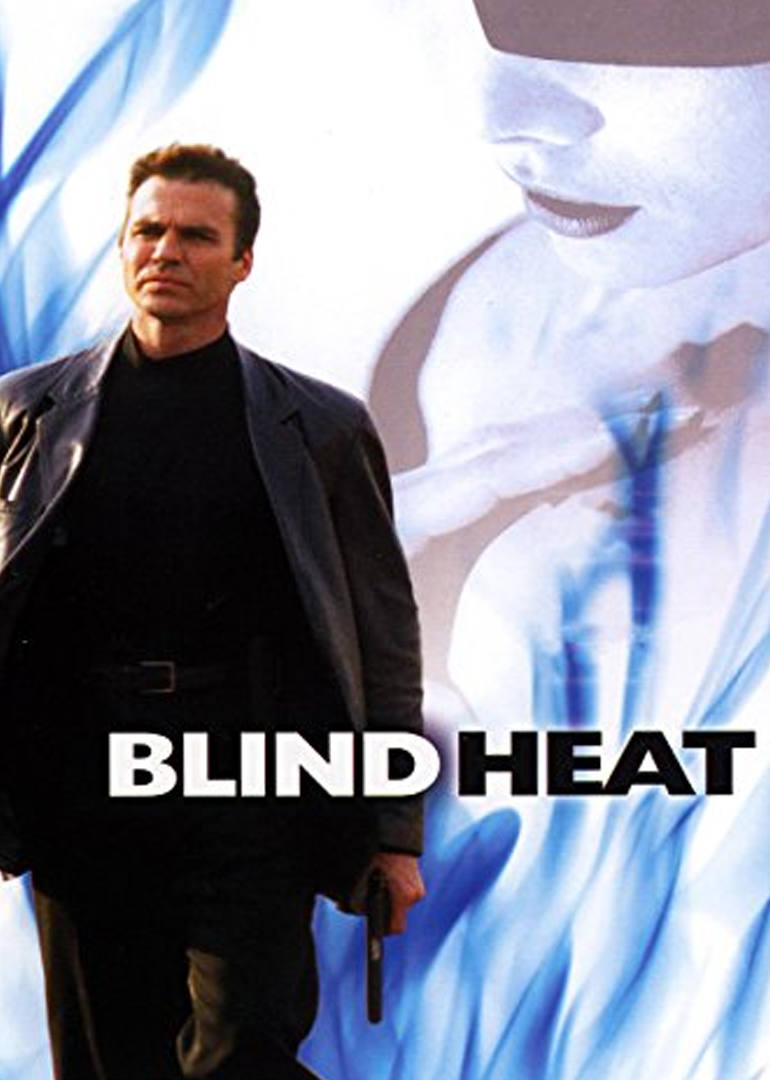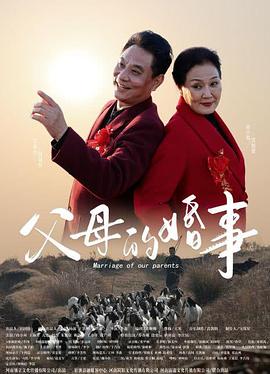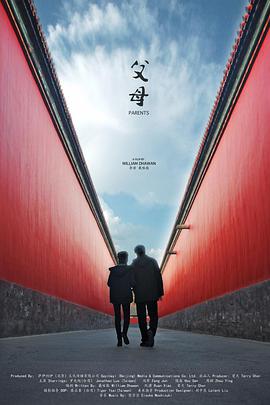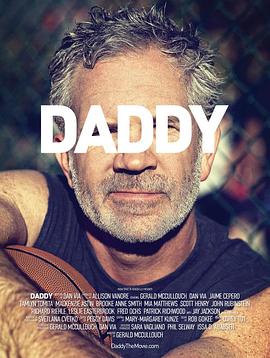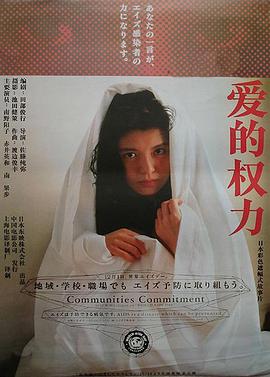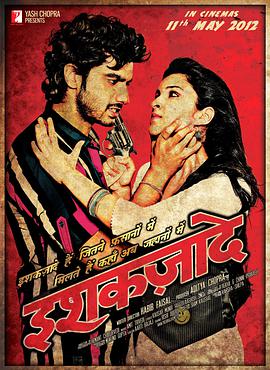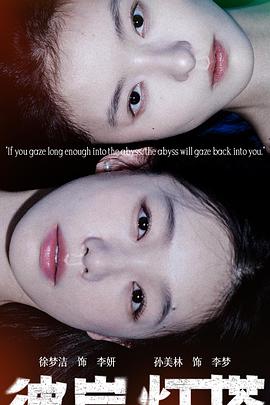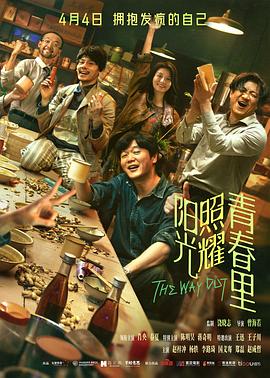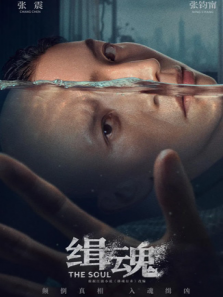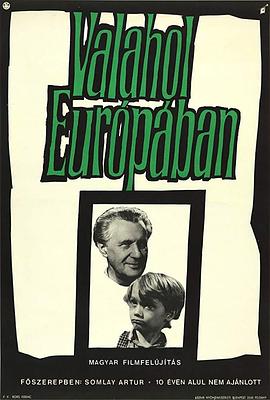
上映:
未知
更新:
2025-07-04 03:30:06,最后更新于3天前
备注:
更新HD中字
TAG:
未知
剧情:
Somewhere in the remote region, the war ends. In the midst of ruined cities and houses in the streets, in rural hamlets, everywhere where people still live, are children who have lost their homes and parents. Abandoned, hungry, and in rags, defenseless and humiliated, they wander through the world. Hunger drives them. Little streams of orphans merge into a river which rushes forward and submerges everything in its path. The children do not know any feeling; they know only the world of their enemies. They fight, steal, struggle for a mouthful of food, and violence is merely a means to get it. A gang led by Cahoun finds a refuge in an abandoned castle and encounters an old composer who has voluntarily retired into solitude from a world of hatred, treason, and crime. How can they find a common ground, how can they become mutual friends The castle becomes their hiding place but possibly it will also be their first home which they may organize and must defend. But even for this, the price will be very high. To this simple story, the journalist, writer, poet, scriptwriter, movie director, and film theoretician Béla Balázs applied many years of experience. He and the director Géza Radványi created a work which opened a new postwar chapter in Hungarian film. Surprisingly, this film has not lost any of its impact over the years, especially on a profound philosophical level. That is to say, it is not merely a movie about war; it is not important in what location and in what period of time it takes place. It is a story outside of time about the joyless fate of children who pay dearly for the cruel war games of adults. At the time it was premiered, the movie was enthusiastically received by the critics. The main roles were taken by streetwise boys of a children's group who created their roles improvisationally in close contact with a few professional actors, and in the children's acting their own fresh experience of war's turmoil appears to be reflected. At the same time, their performance fits admirably into the mosaic of a very complex movie language. Balázs's influence revealed itself, above all, in the introductory sequences an air raid on an amusement park, seen in a montage of dramatic situations evoking the last spasms of war, where, undoubtedly, we discern the influence of classical Soviet cinematography. Shooting, the boy's escape, the locomotive's wheels, the shadows of soldiers with submachine guns, the sound of a whistle—the images are linked together in abrupt sequences in which varying shots and expressive sharp sounds are emphasized. A perfectly planned screenplay avoided all elements of sentimentality, time-worn stereotypes of wronged children, romanticism and cheap simplification. The authors succeeded in bridging the perilous dramatic abyss of the metamorphosis of a children's community. Their telling of the story (the scene of pillaging, the assault on the castle, etc) independently introduced some neorealist elements which, at that time, were being propagated in Italy by De Sica, Rossellini, and other film artists. The rebukes of contemporary critics, who called attention to formalism for its own sake have been forgotten. The masterly art of cameraman Barnabás Hegyi gives vitality to the poetic images. His angle shots of the children, his composition of scenes in the castle interior, are a living document of the times, and underline the atmosphere and the characters of the protagonists. The success of the picture was also enhanced by the musical art of composer Dénes Buday who, in tense situations, inserted the theme of the Marseilaise into the movie's structure, as a motive of community unification, as an expression of friendship and the possibility of understanding. Valahol Europaban is the first significant postwar Hungarian film. It originated in a relaxed atmosphere, replete with joy and euphoria, and it includes these elements in order to demonstrate the strength of humanism, tolerance, and friendship. It represents a general condemnation of war anywhere in the world, in any form.收起
相关影片
2021剧情片印度
HD
2016剧情片中国大陆
超清
2019剧情片中国大陆
超清
2015剧情片美国
BD中字
2001剧情片澳大利亚
更新HD中字
2023剧情片中国大陆
更新HD中字
2021剧情片大陆
更新HD中字
2015剧情片美国
更新HD中字
1992剧情片日本
HD
2012剧情片印度
HD
2012剧情片大陆
HD
2015剧情片美国
HD
2012剧情片美国
BD1024超清中字
2016剧情片其它
HD
正在热播
更多2025国产剧大陆
独家推荐
更新至【4】
2011剧情片韩国
热播
HD
2025国产剧大陆
独家推荐
上世纪九十年代末,留学德国的柳钧回到家乡东海,他顺应时代发展,立志将父亲的老机械制造厂改造成科技领先的现代化制造厂。民企在技术、资金、人脉等各方面都遇到重重困难,举步维艰,但好友钱宏明的进出口贸易、房地产等事业却搞得风生水起,二人互相帮助互相提醒。柳钧因技术结识了杨巡,后又因为技术与杨巡闹翻,结下冤仇,好在当地东海集团负责人宋运辉对他青睐有加,在腾飞厂的发展中给予了有力支持。柳钧脚踏实地,一面适应、融入国内环境,探索经营管理之道,一面攻破技术壁垒,最终凭借过硬的技术和一腔理想主义,渡过生存难关,完成了腾飞
更新至【4】
2025剧情片大陆
独家推荐
更新HD
2025剧情片中国大陆,中国香港
独家推荐
更新TC
2025国产剧大陆
独家推荐
更新至【8】
2025剧情片其它
独家推荐
年轻有才的程序员何立为(肖央 饰)供职于家园软件公司,并独自开发了一款游戏。他的偏执和作为扰乱了公司的融资计划,被公司送进了“青春里”精神康复院。康复院里,何立为认识了形形色色的病友,也经历了不少啼笑皆非的故事。其中女病人林春春(春夏 饰)总是与何立为发生种种纠葛,两颗心逐渐走近。何立为的哥哥何立刚(王迅 饰)拒绝接何立为出院,医院总务主任洪兆庆(陈明昊 饰)也不断压制着何立为的种种出格行为。何立为为了证明自己没有得病,百般尝试,希望早日逃出青春里。直到有一天,他看到了春春脑中的幻觉,而随后发生的一系列事
第1集
2024动漫电影中国大陆
独家推荐
更新HD
2020剧情片大陆
热播
TS抢先版
2017日韩动漫日本
热播
随着和平的到来而走向近代化的木叶忍者村。高楼林立,巨大显示屏中播放出影像,连结各区域的电车在村里奔驰。虽说是忍者村,但一般民众也增多,忍者的生存方式也在逐渐改变的这个时代——村子的领袖,第七代火影·漩
更新至192集
2020动漫电影欧美
热播
HD
2019动作片香港
热播
HD
2021科幻片大陆
热播
HD
2020科幻片美国
热播
BD1280高清中字版
2009科幻片美国
热播
HD

